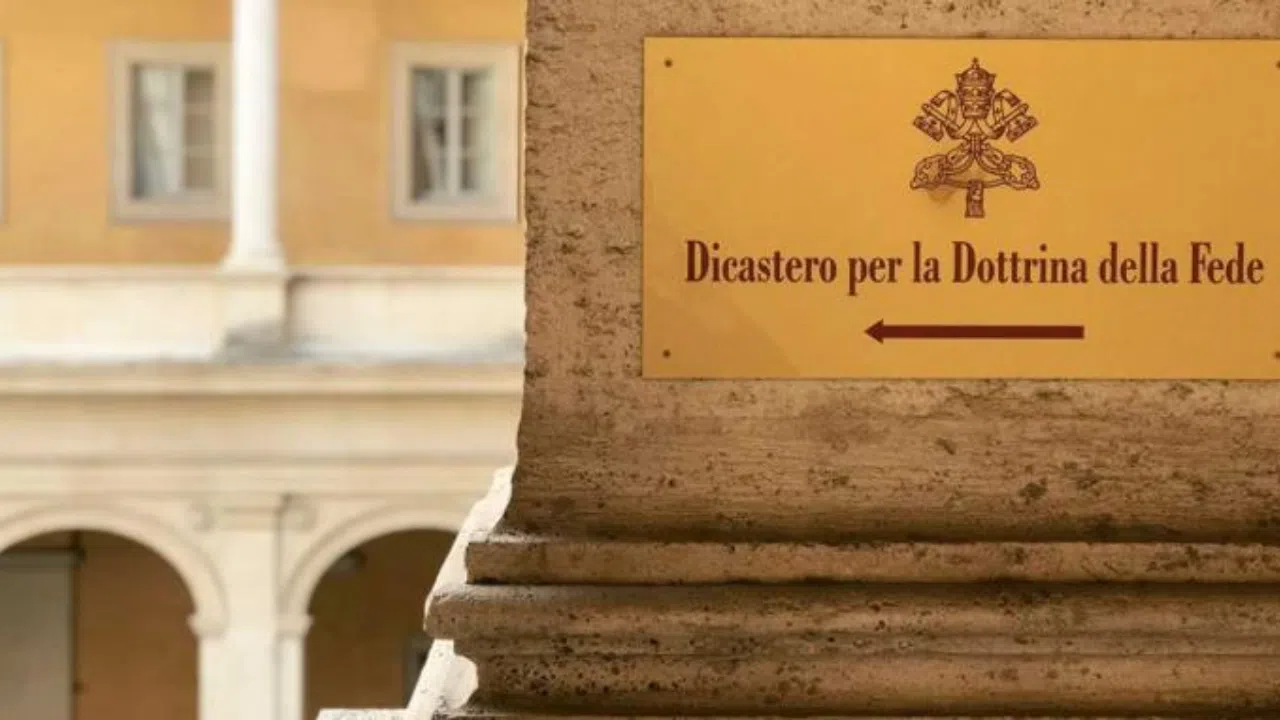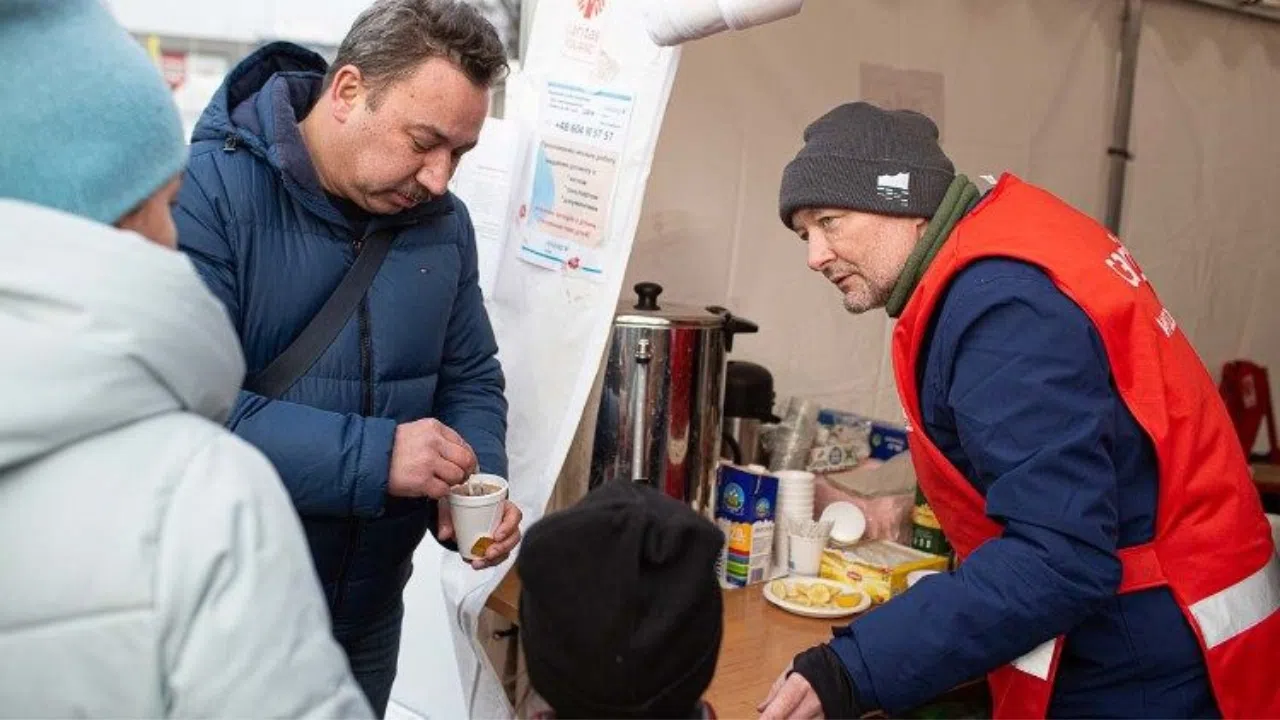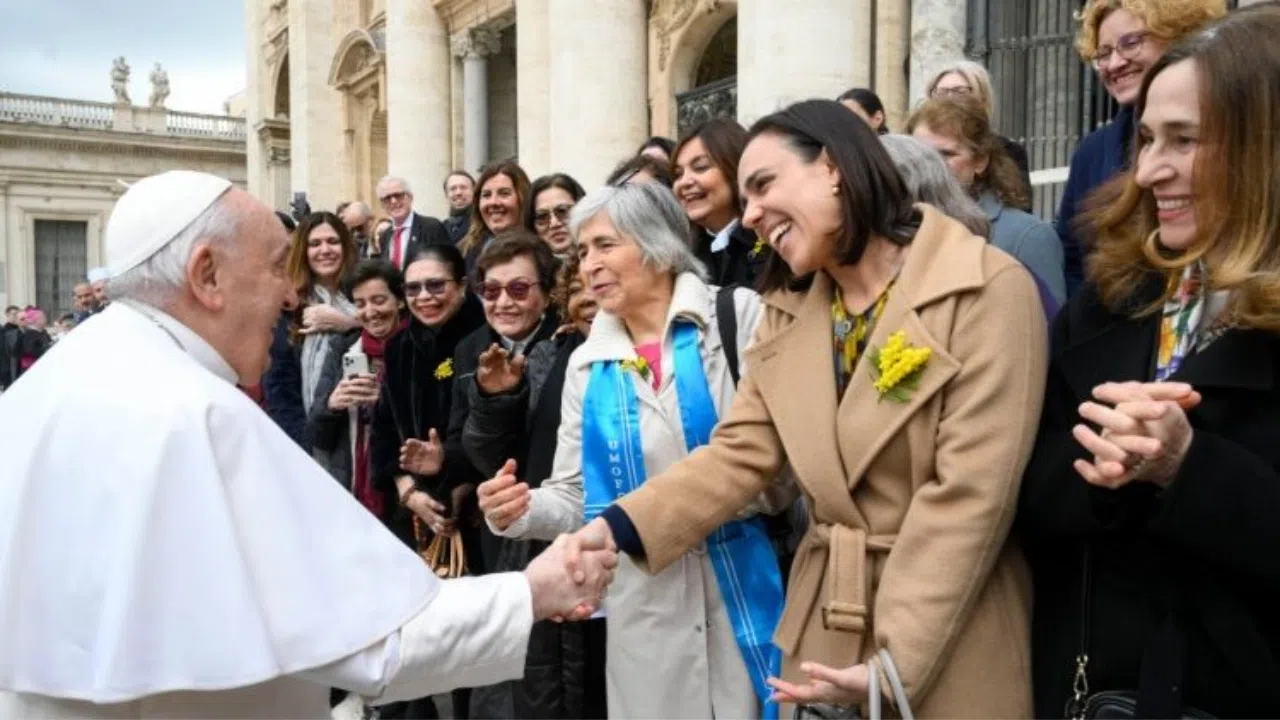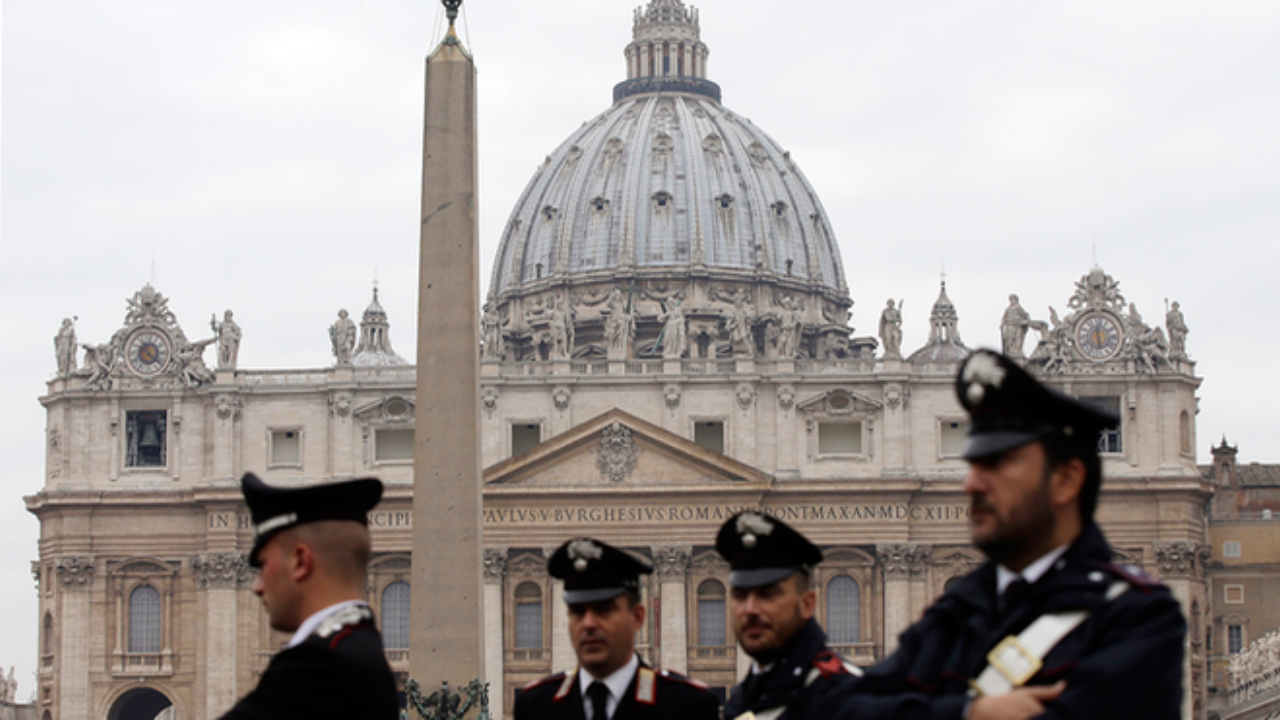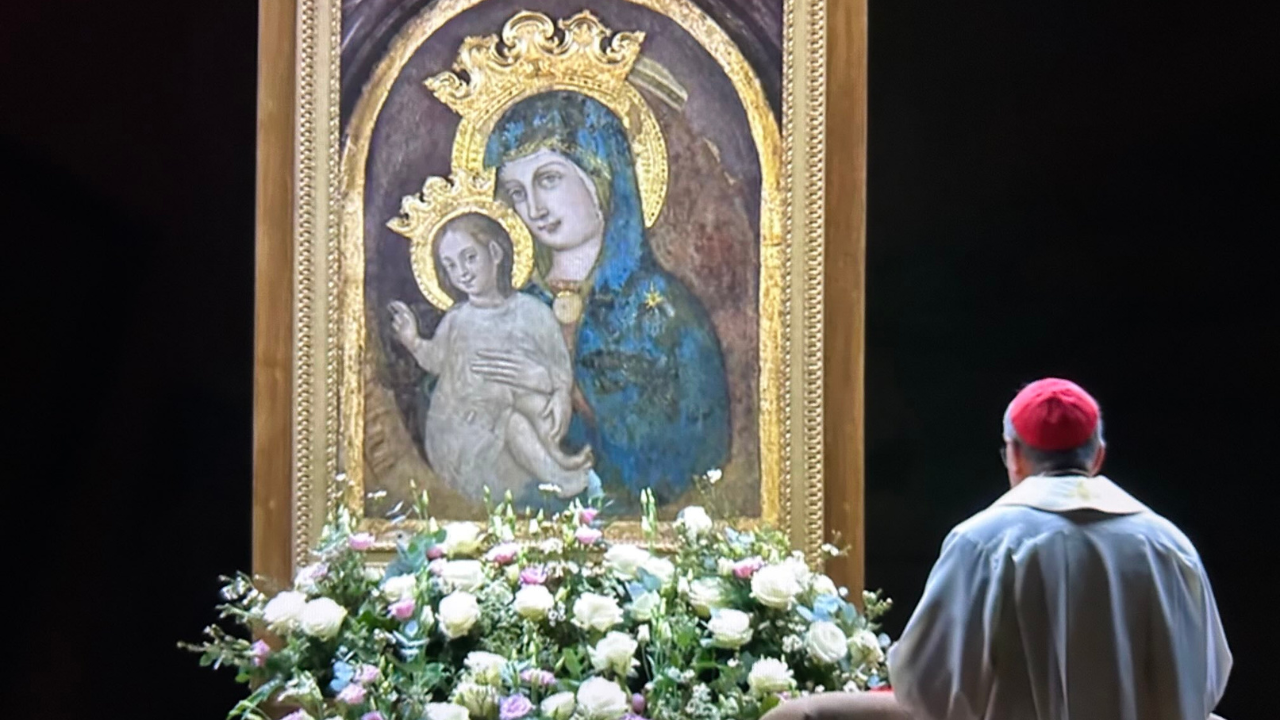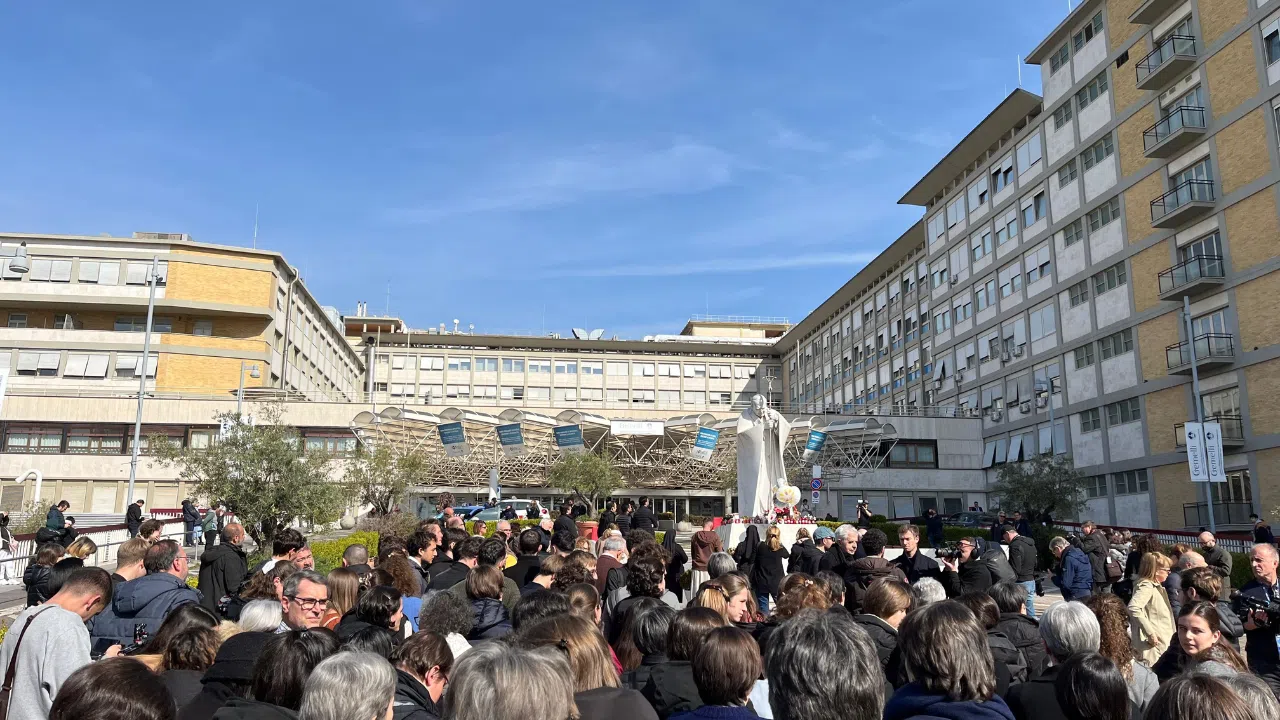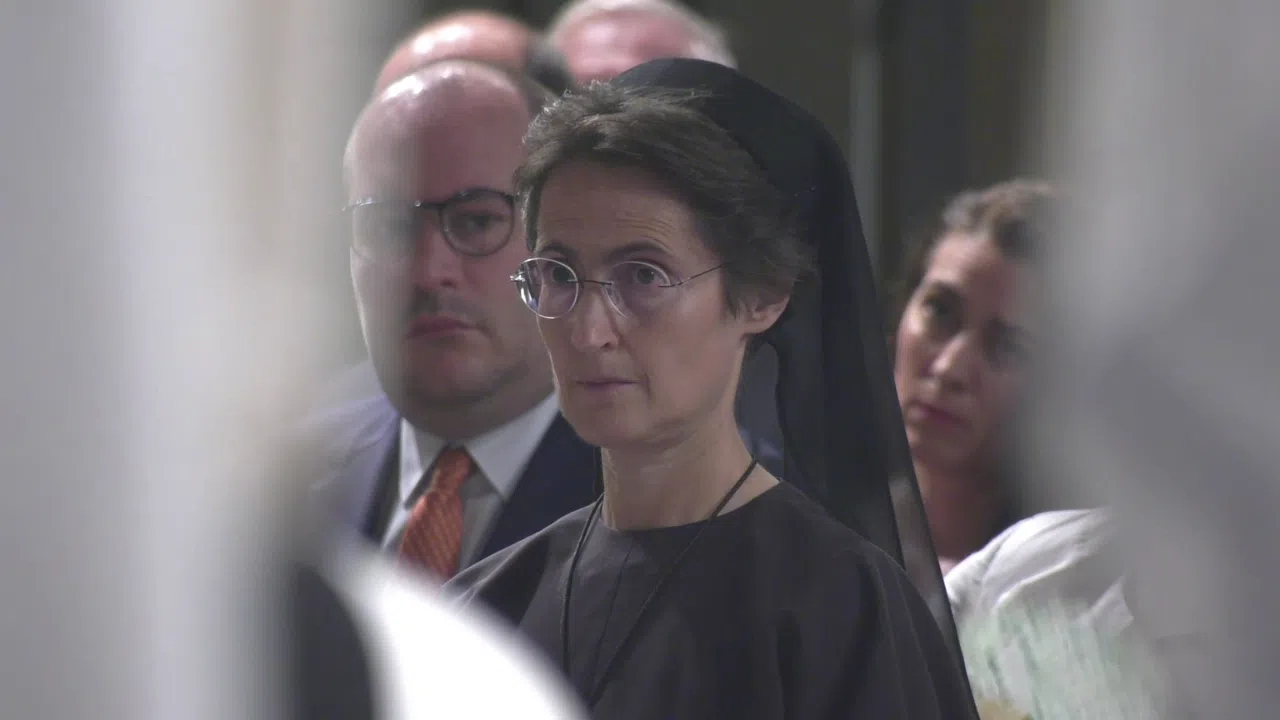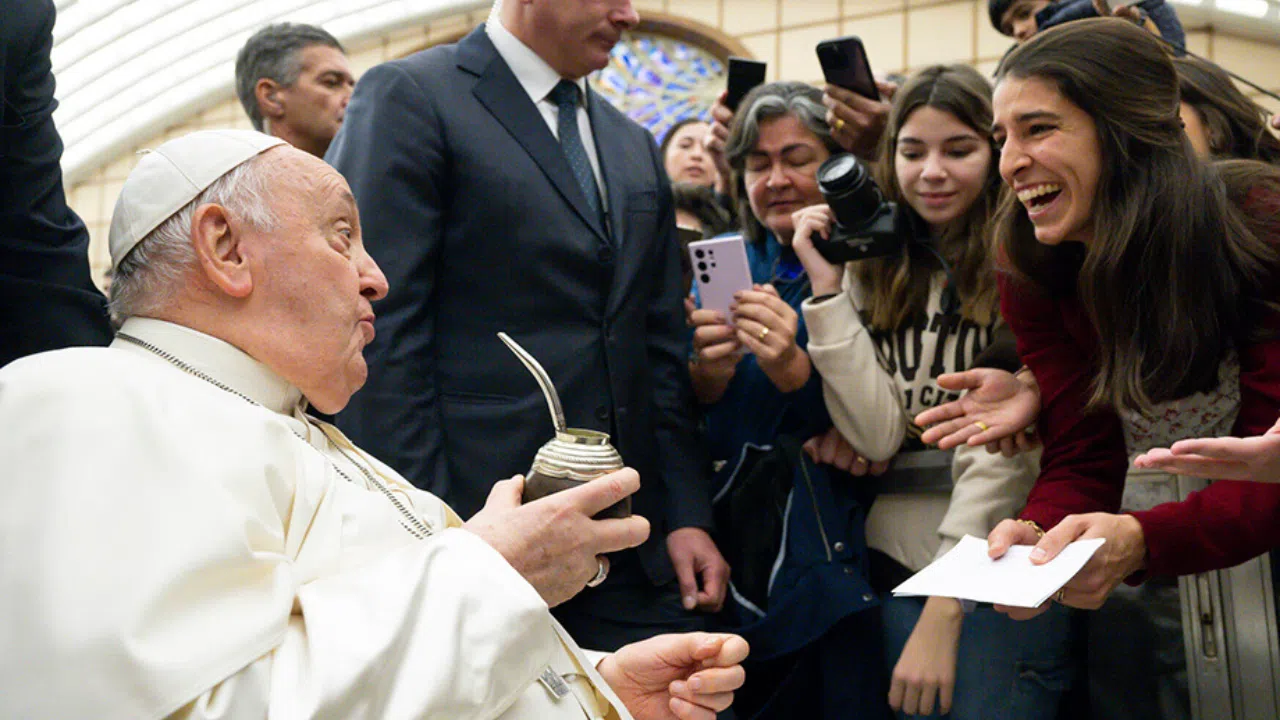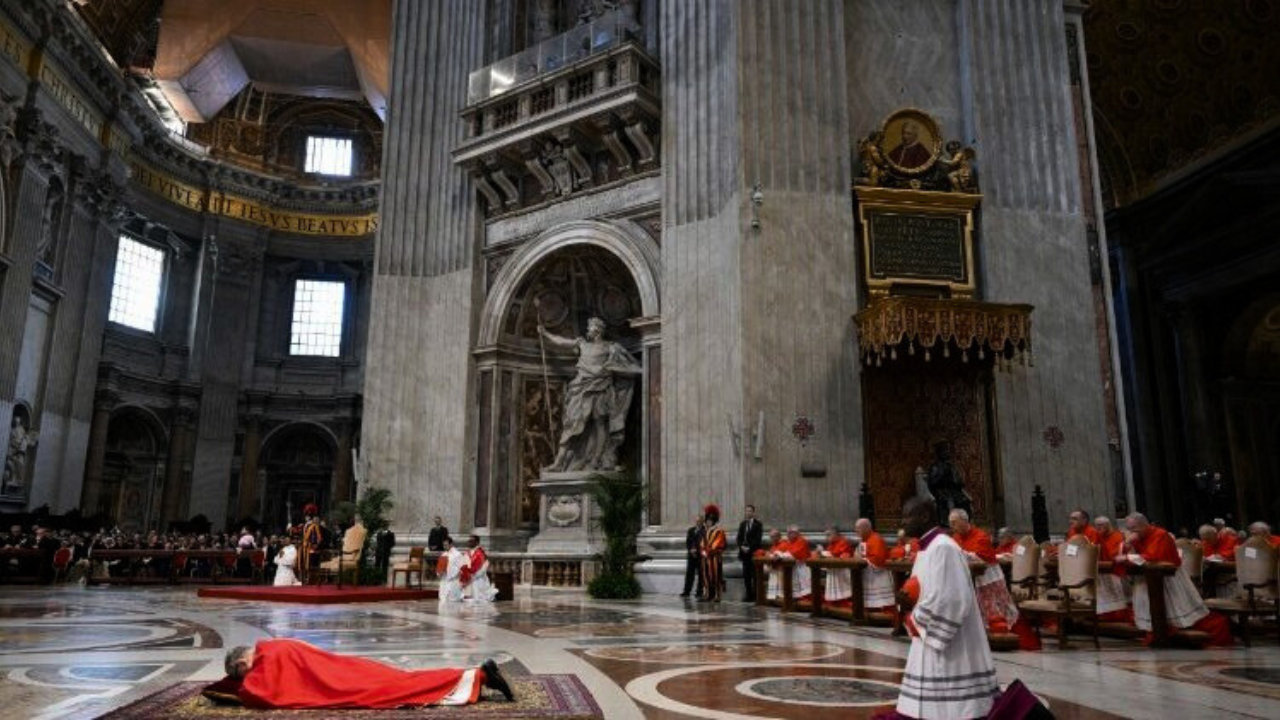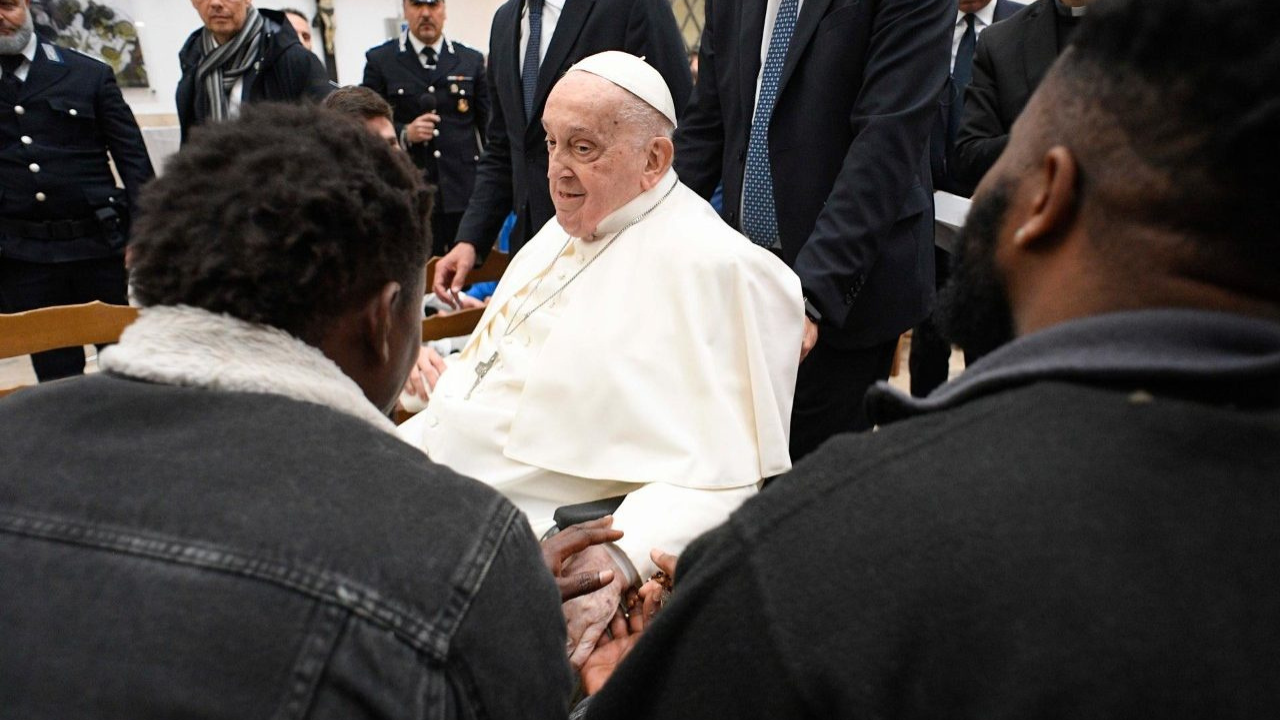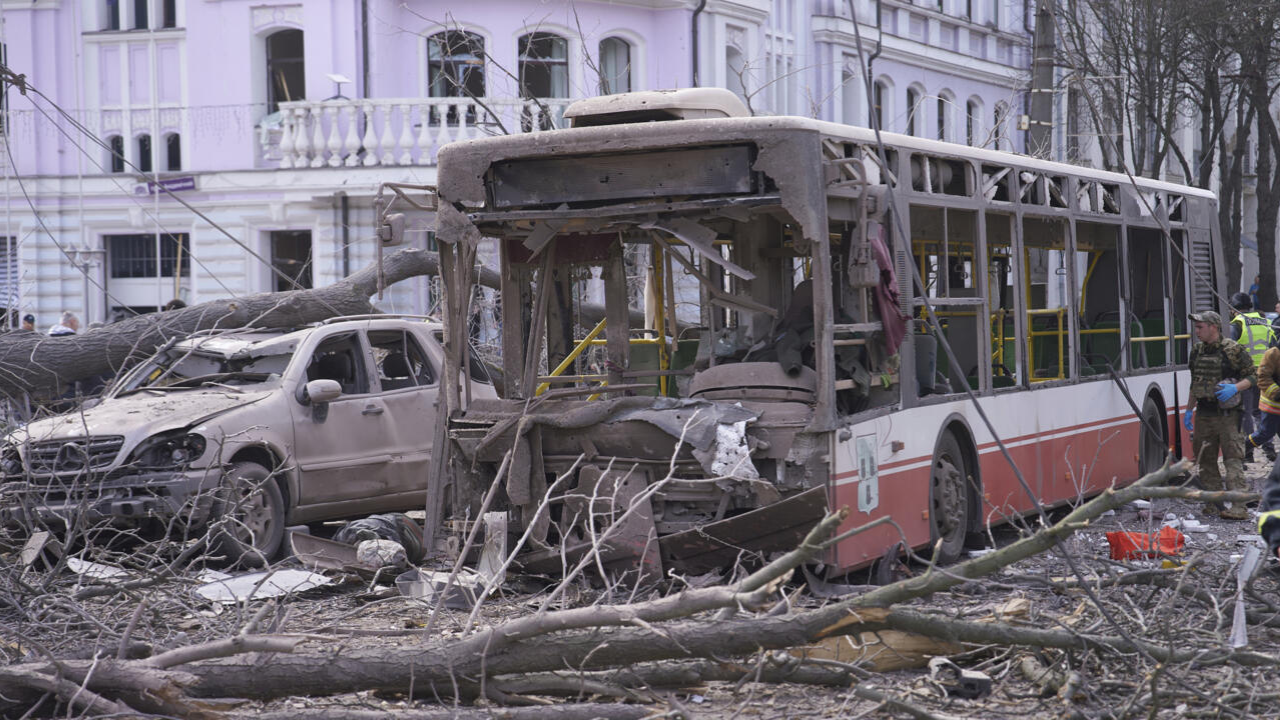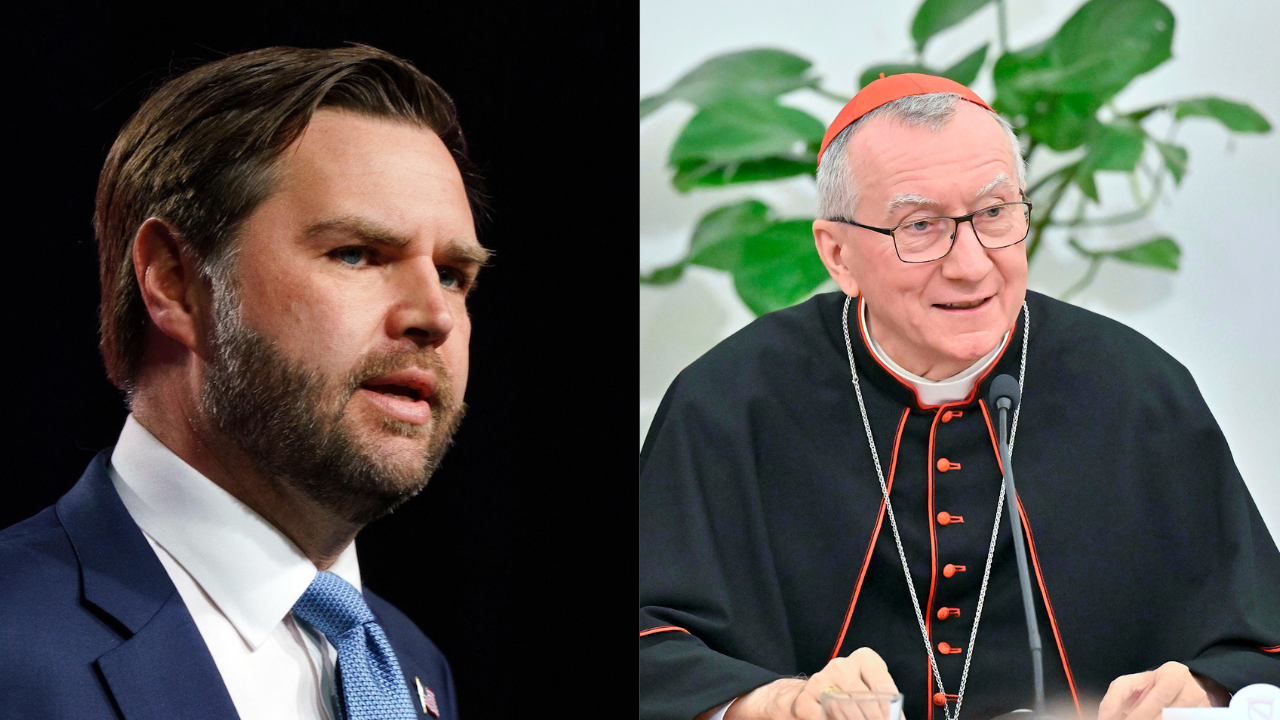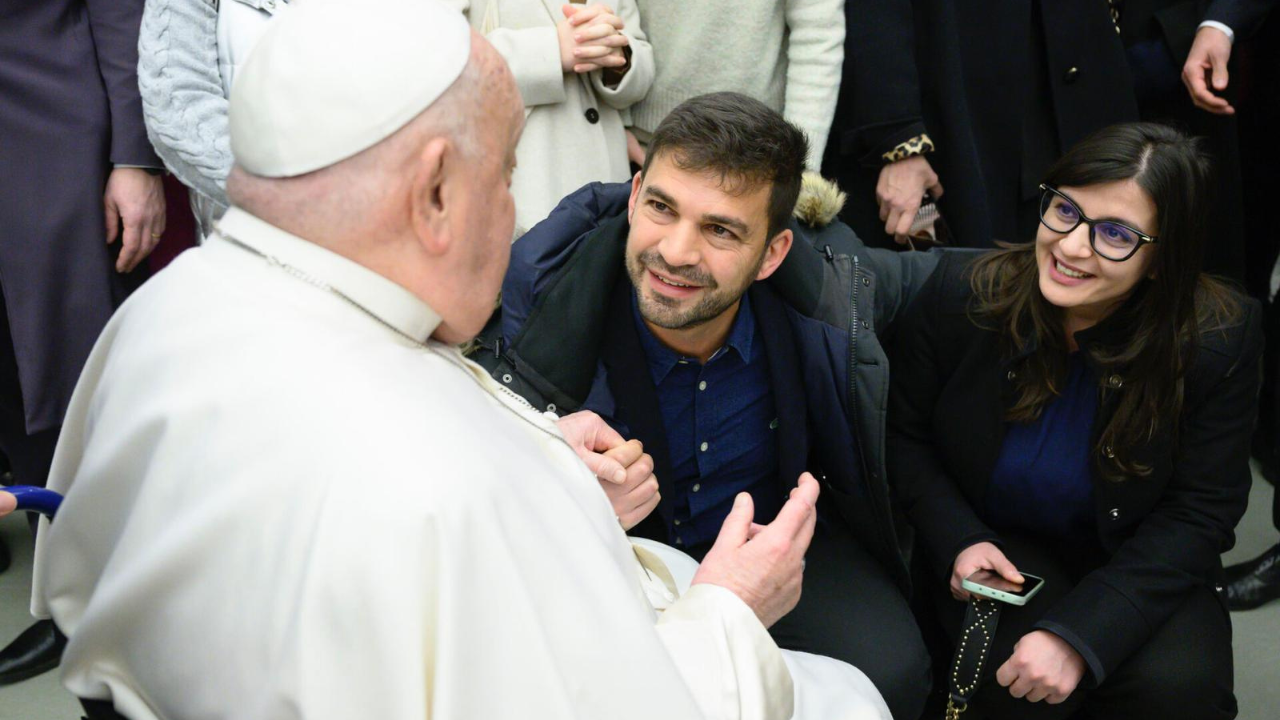During his press conference on the return flight from the Philippines, Pope Francis said he wants to visit the Central African Republic, which according to the World Bank, is the seventh poorest country in the world.
For two years now, the nation has been going through war. The conflict is between the Séléka militia and the Anti-balaka. And it has religious undertones-The Seleka, on one side attacks Christians and the anti-Balaka attack Muslims.
A recent UN report states that both sides have committed war crimes against one another and also against humanity.
UN's Secretary-General Ban Ki-moon even warned of the possibility of a genocide. The report concludes that the situation hasn't reached its peak yet, but it estimates that from 3,000 to 6,000 people have been killed in the on-going conflict.
Civilians, and especially children, are the main victims of this cycle of violence. Roughly 400,000 people are now refugees in neighboring countries like Chad, Cameroon and the Democratic Republic of Congo. These movements have also triggered hunger in the area.
In addition to malnutrition, many boys and teenagers have been forced to join the guerrillas. When it comes to girls, they're often abducted and turned into sex slaves.
JEAN NSONJIBA LOKENGA
Protection of Minors
'We help children who are still in the hands of armed groups, especially girls, some of which have been abused. We can not leave the kids with the militias.â?
The government is working to free these children. They've already managed to recover hundreds from the Seleka and anti-Balaka militias
JEAN NSONJIBA LOKENGA
Protection of Minors
'We have to help children who come out to reintegrate. To go back to school and those who are already old â?? because children who come out are between 9 to 17, those are already too old to go back to school. They need to get access to basic literacy but also vocational training.â?
Most schools in the country have been seized and turned operational bases for the militias. Thanks to UNICEF and other NGO's, it has been possible to rebuild 247 schools like this one.
JEAN FIRMIN SELONKOUE
School Principal
'When we came back we realized they had taken all the books, the benches. Basically they had destroyed the school. As time went by and peace was slowly coming back we said well, we cannot leave our children behind like this, without school.â?
About 60 percent of schools were closed because of the conflict. Even more, roughly 2 million children stopped going to school. Only about half of the population knows how to read and write.
AC/PM/KLH
Unifeed
SV
-PR
Up:KLH


